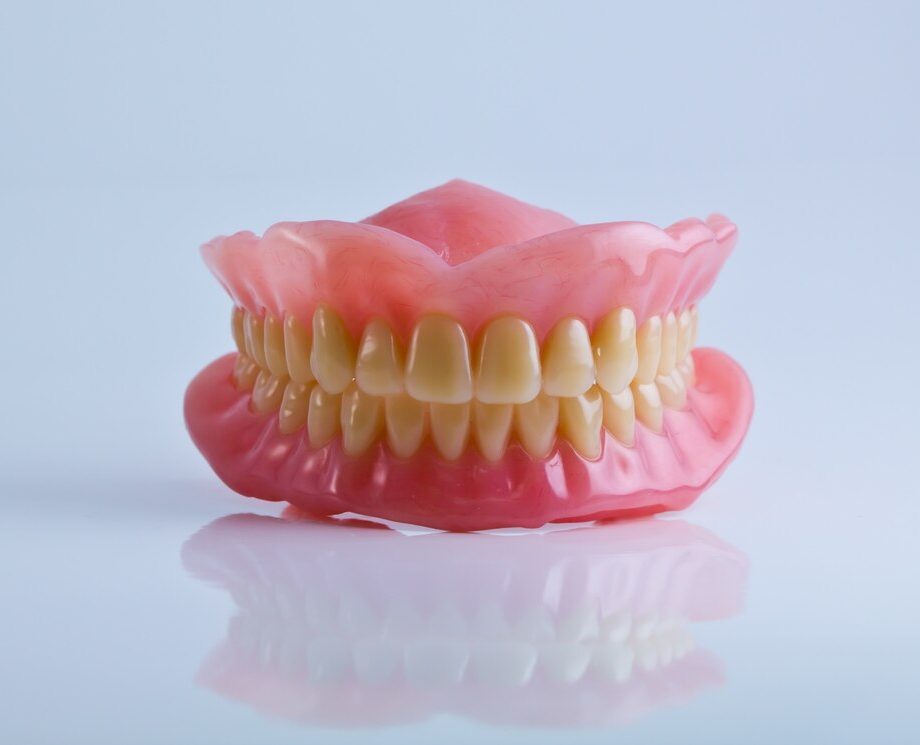Dry mouth is a common issue experienced by individuals after getting dentures. This condition can be caused by various factors, including changes in eating habits, the use of dentures themselves, or even side effects of medications. Dry mouth can not only cause discomfort but also lead to other oral health problems, such as gum infections and tooth decay. Therefore, it is essential to know how to manage dry mouth after getting dentures to maintain comfort and oral health.
Increase Fluid Intake. One of the most effective ways to manage dry mouth is by staying well-hydrated. Proper hydration helps in stimulating saliva production. It is recommended to drink water regularly throughout the day and avoid caffeinated or alcoholic beverages, as they can worsen dehydration. Consuming water-rich foods, such as fresh fruits and vegetables, can also help maintain mouth moisture. Additionally, using mouth moisturizers or artificial saliva sprays can be an effective alternative for keeping the mouth hydrated.
Maintain Good Oral Hygiene. Keeping good oral hygiene is crucial after denture placement. Regularly cleaning dentures and brushing any remaining natural teeth can help reduce bacterial buildup and food debris, which may worsen dry mouth. Using a soft-bristled toothbrush and denture-friendly toothpaste can also help maintain gum health and prevent irritation. By maintaining proper oral hygiene, patients not only alleviate dry mouth but also minimize the risk of other complications.
Use Alcohol-Free Mouthwash. Using alcohol-free mouthwash can also help manage dry mouth. Many mouthwash products are specifically designed for dry mouth patients, helping to increase moisture and provide freshness. However, it is essential to avoid mouthwashes containing alcohol, as they can further dry out the mouth. Consulting a dentist about the best oral care products after denture placement is highly recommended.
Perform Oral Exercises. Simple oral exercises can help stimulate saliva production. Activities such as jaw movements, sucking on sugar-free candies, or chewing sugar-free gum can activate the salivary glands to produce more saliva. These exercises not only reduce dry mouth discomfort but also help patients adjust to their dentures more easily.
Consult a Healthcare Professional. In some cases, if dry mouth persists and significantly affects daily activities, it is highly recommended to consult a healthcare professional. A dentist or specialist can provide additional recommendations and treatments to manage persistent dry mouth. They can also assess whether the condition is caused by medications and suggest possible alternatives.
Although dry mouth is a common condition after denture placement, there are various effective ways to manage and prevent it. By staying hydrated, maintaining oral hygiene, using the right products, and practicing oral exercises, patients can experience greater comfort and minimize the impact of dry mouth. With proper care and attention, denture wearers can enhance their quality of life and improve overall oral health. This effort aligns with the Sustainable Development Goals (SDGs), particularly Goal 3: Good Health and Well-being, by promoting better oral health management and overall well-being.
Author: Rizky B. Hendrawan | Photo: Freepik

